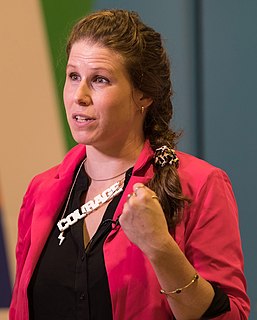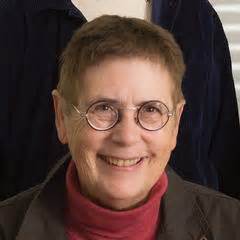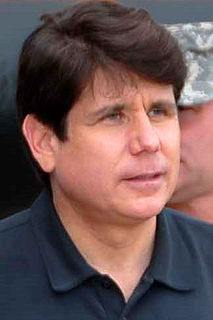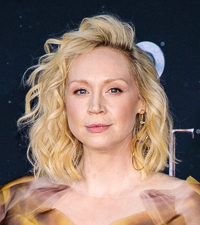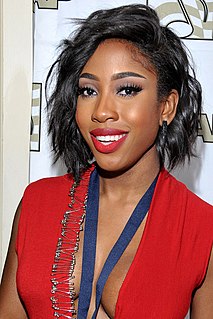A Quote by Caroline Criado-Perez
The fact that women are the primary care-givers is a problem for women and men
Quote Topics
Related Quotes
I wish you would stop and seriously consider, as a broad and long-term feminist political strategy, the conversion of women to a woman-identified and woman-directed sexuality and eroticism, as a way of breaking the grip of men on women's minds and women's bodies, of removing women from the chronic attachment to the primary situations of sexual and physical violence that is rained upon women by men, and as a way of promoting women's firm and reliable bonding against oppression. . . .
Sure they say we (women) are life givers not takers, but guess what, most women can multi-task and be life givers and fighters. Boxing is not a life-taking sport. Boxing is not a violent sport; it's an art, a dance, a science. Sometimes the smarter boxer wins and sometimes the stronger boxer wins. Of course aggression is a feminine quality. It's a quality that exists in human beings whether they are men or women.
I really don't see any men sitting in the corner office plotting to keep women out. All the men I know are actively trying to promote women, to get more women involved. These men have wives they care about; they have daughters they desperately care about. So I don't think it's fair to blame men - or I don't think it's accurate to blame men anymore.
I read a lot of studies about the fact that there is a bias in the way health care is doled out, down to the fact that most medical studies are done on men, not women, so most dosages are planned for men, not women, and on and on. And more than that, women's pain is gauged differently and their complaints are received differently. And the idea that there's a place where you can go where everything is geared toward you, as a woman, is great. But it's a shame that we need to find places that are "safe" when the world, the whole world, should be a safe place.
I think actually under scrutiny, Hillary's [Clinton] promotion of equal wages at poverty level and of healthcare for children but not for their families, of childcare when there are no jobs, it just doesn't cut it. I think women need a real agenda of justice because women are care-givers, because women are instruments of justice for our families and for our communities.
In addition to being an economic security issue, the failure to pay women a salary that's equal to men for equal work is also a women's health issue. The fact is that the salary women are paid directly impacts the type of health care services they are able to access for both themselves and their families.
I have this problem where it's like'I can never stop thinking. For instance, I find myself obsessing over the treatment of black women and girls by black men'the fact that black men have a special prejudice against black women and generally don't protect them or attempt to understand them, and I cry an awful lot about that.
We've learned that women can and should do 'men's jobs,' for instance, and we've won the principle (if not the fact) of getting equal pay. But we haven't yet established the principle (much less the fact) that men can and should do 'women's jobs': that homemaking and child-rearing are as much a man's responsibility, too, and that those jobs in which women are concentrated outside the home would probably be better paid if more men became secretaries, file clerks, and nurses, too.
